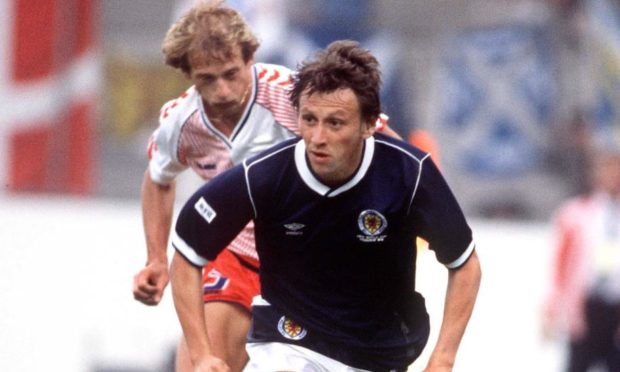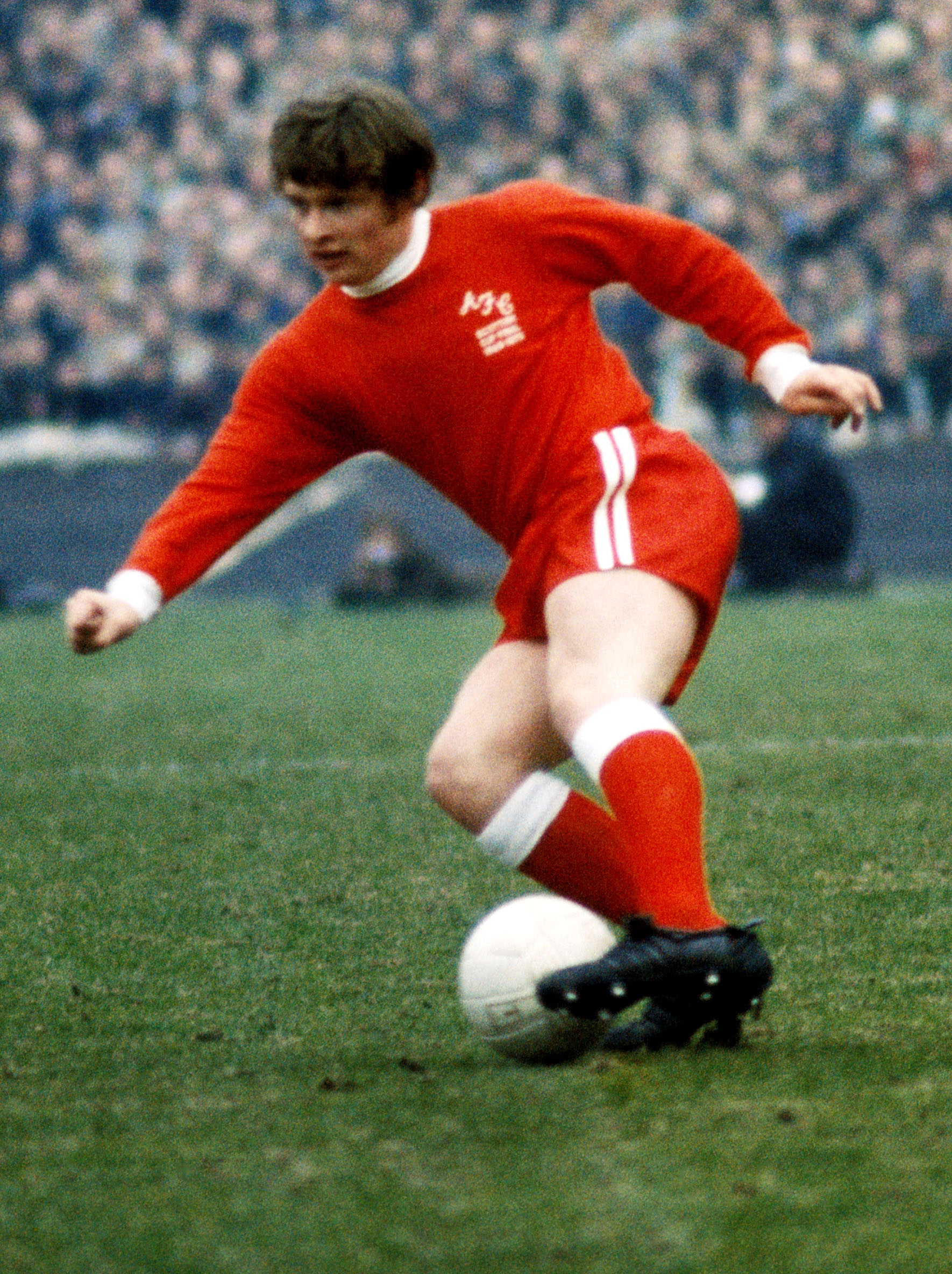Having followed the fortunes of the national team since the early 1970s, I have lived through many qualifying campaigns and shared in the highs and lows they inevitably bring.
For the past couple of decades it has, of course, been a less than enjoyable experience as 10 successive attempts to reach a major finals ended in failure, some in absolutely heart-breaking fashion.
Before that run, it had been joyful, and as Scotland made it to five World Cup finals on the bounce, and six out of seven, we fans began to take it all for granted. We even made it to two Euros in a row in the 1990s!
For a quarter of a century, it was no great hardship being part of the Tartan Army – even though the phrase hadn’t actually been coined by then – and for me, it all began with the campaign to qualify for the 1974 World Cup finals in West Germany.
Memories of that came flooding back this week as the national side was drawn to play Denmark at this stage of the tournament for the first time since I fell in love with the game.
Scotland met them in qualifying for the 1976 European Championship and again at the World Cup finals in Mexico a decade later, but it was the games which took place a month apart in the late autumn of 1972 which I recalled as soon as I saw the draw on Monday.
The first of those took place in Copenhagen, and unusually for the time, was shown live on television. With Bobby Clark and the former Dons captain Martin Buchan in the line-up and Joe Harper on the bench, it was an even more exciting prospect for a football-mad youngster.
The hosts were still amateurs at the time, and the Scots were quickly 2-0 ahead. Finn Laudrup – the father of Michael and Brian – pulled one back, but a couple of late goals secured a victory with King Joey coming on as a substitute to score the third.
Four weeks later, Harper was wearing the number nine shirt as Willie Ormond’s team won 2-0. He didn’t score then – although he did net against Denmark three years later in Euro qualifying – but it was a thrill to see him leading the line for his country.
Shamefully, Joe won only four caps, and scored twice, but he played his part that night and set up what was to be the first truly memorable evening of my life as a Scotland fan.
Incredibly, there were only three teams in our group, Czechoslovakia making up the trio, and in the May of 1973 the Danes somehow held the Czechs to a 1-1 draw. They were thumped 6-0 a few weeks later in the return, but that match in Copenhagen had opened the door for Scotland, and a win at Hampden on September 26 that year would clinch a place at the finals.
It came in spectacular fashion as the Scots rallied after going behind, substitute Joe Jordan, an international novice at the time, heading in a late winner.
Whether we will have that kind of drama or not remains to be seen, but the draw for Qatar 2022 was undeniably a kind one for Steve Clarke and, although Moldova caused a few tremors when they emerged from pot six, it is a group Scotland have a very good chance of emerging from.
How do Scotland’s Qatar 2022 World Cup qualifying opponents stack up?
Knee-jerk reaction to a weighty issue
It was a week in which football’s racism issue came to the fore, most of the headlines being made by the remarkable scenes in Paris on Tuesday night.
Before then, we saw the first cracks appear in the game’s response to the Black Lives Matter campaign; perhaps no surprise, given their past reputation, that it was Millwall fans who caused them.
As the players took the knee, the boos rang around The Den. It was a reprehensible response to an action which has real historical significance to many who have spent decades fighting for equality.
Thankfully, there was no repeat against QPR in midweek, but the damage had been done.
There have been no such incidents here in Scotland, but a decision is going to have to be taken at some point over how long the gesture continues.
Initially it was going to be reviewed in October, but it continues to be a feature at all SPFL matches. Scrapping the procedure is going to be a big call for football clubs, whenever it happens.

